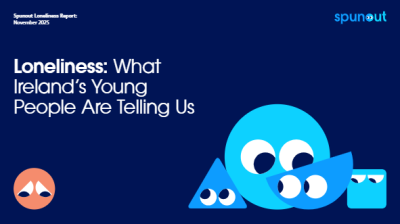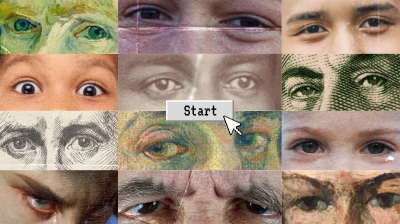Can social media make us feel more alone?
New study finds link between online activity and feelings of isolation

It’s a well-known paradox that while we live in a world that has never been more connected, feelings of isolation and loneliness seem to be on the rise. Now, US researchers from the University of Pittsburgh are claiming they’ve found a link between social media use and feeling disconnected from society.
Medical scientists Brian Primack and Elizabeth Miller surveyed nearly 1,800 young adults about their use of the eleven most popular social media sites, including Facebook, Twitter and Snapchat. Each respondent was also asked to judge their own feelings of isolation and loneliness.
The results indicated that people who spend longer on social media tended to feel more cut off from society than those who went online less. Both the total amount of time spent online and the number of separate site visits seem to matter. People who clicked into their social media profiles 58 or more times per week were three times more likely to feel socially isolated than those who checked in less than nine times per week.
The social void
But there are plenty of things still unclear. Most importantly, the study did not show whether high social media use actually leads to feelings of disconnectedness. Instead it could be the case that people who feel lonely and isolated are just more likely to spend more time online. The exact nature of the link will need to be looked into by future studies.
One thing does seem clear however: online engagement doesn’t appear to be a good substitute for real-world connections. As co-author of the study Elizabeth Miller said: “even if the social isolation came first, it did not seem to be alleviated by spending time online, even in purportedly social situations”.
Professor Brian Primack also commented: “We are inherently social creatures, but modern life tends to compartmentalise us instead of bringing us together. While it may seem that social media presents opportunities to fill that social void, I think this study suggests that it may not be the solution people were hoping for.”






